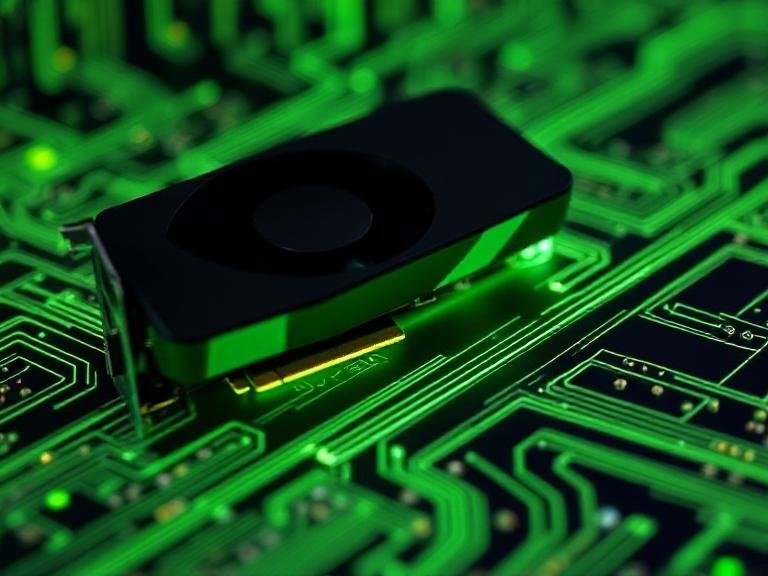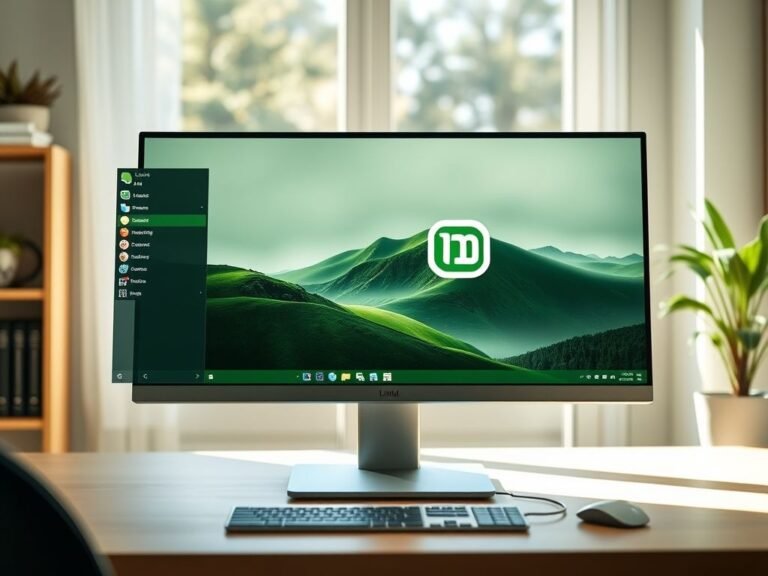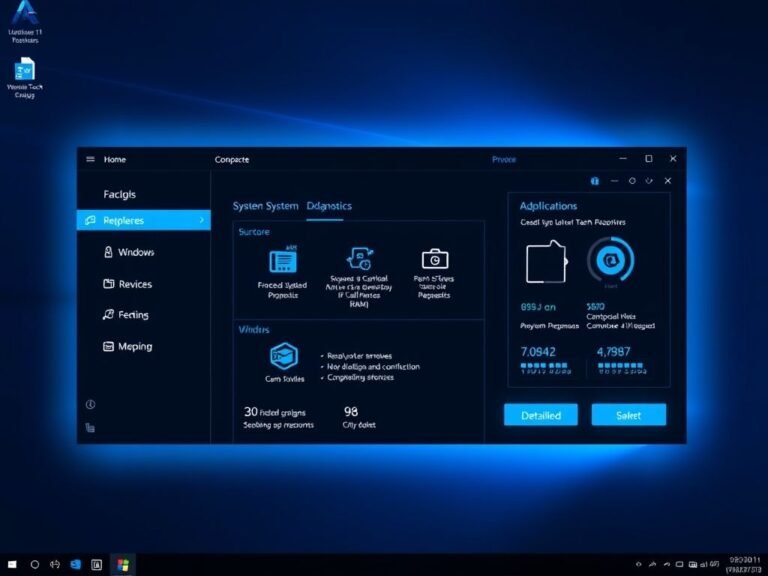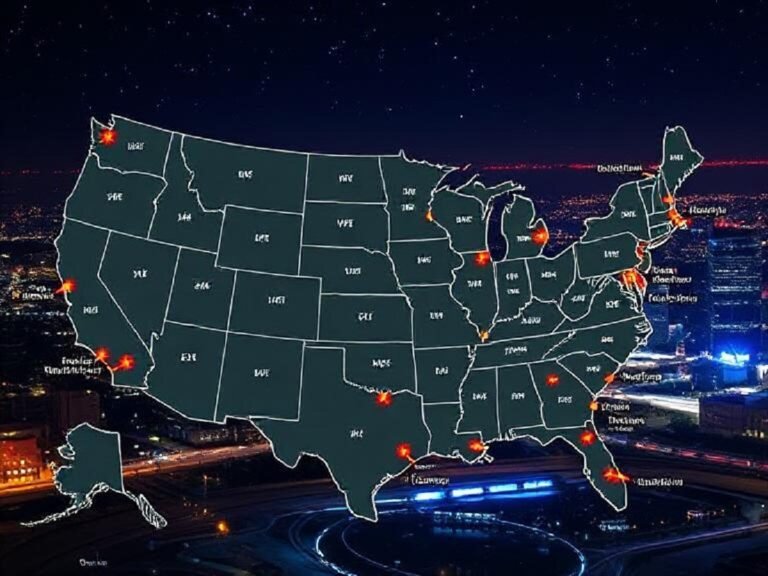Nvidia Faces Ethical Crossroads After Reports of Government Backdoor Requests

Nvidia Faces Ethical Crossroads After Reports of Government Backdoor Requests
Recent reports have thrust Nvidia into the center of a growing international debate over hardware security, government oversight, and geopolitical trust. A Chinese regulatory body has reportedly launched an investigation into whether Nvidia’s GPUs contain hidden backdoors — a claim the company has firmly denied, calling it both false and dangerous.
While the investigation remains unconfirmed by official Chinese sources, the timing suggests it may be linked to broader concerns about US tech policy — particularly rumors that American lawmakers have pushed for mechanisms to remotely disable or control advanced chips exported to countries like China.
Nvidia’s Strong Rejection: “No Backdoors, No Kill Switches”
In a direct response, David Reber Jr., Nvidia’s Chief Security Officer, published a clear and forceful statement on the company’s official blog:
“Our GPUs do not and should not have kill switches or backdoors.”
Reber emphasized that no Nvidia product contains secret access points or remote disable features, and that such capabilities would fundamentally undermine the trust customers place in the company’s hardware.
He also addressed growing pressure from some US policymakers and analysts who have called for mandatory kill switches in AI chips — mechanisms that could allow the government to disable hardware remotely if it ends up in restricted markets.
“There is no such thing as a ‘good’ secret backdoor — only dangerous vulnerabilities that need to be eliminated,” Reber stated.
“Product security must always be done the right way: through rigorous testing, independent validation, and compliance with global cybersecurity standards.”
The “Parking Brake” Analogy: Why Kill Switches Are Risky
To illustrate the danger, Reber used a powerful analogy:
“Imagine buying a car, only to learn the dealership kept a remote control for the parking brake — just in case they decide you shouldn’t be driving.”
He warned that such overreach doesn’t enhance security — it weakens it. Once a kill switch exists, it becomes a target for hackers, insider threats, or even foreign exploitation. In critical systems — from data centers to medical research — that risk is unacceptable.
“This isn’t policy — it’s an overreaction,” he added. “And it could end up damaging both the US economy and national security in the long run.”
Roots of the Controversy: The Chip Security Act
The debate gained momentum in May 2024, when a group of US lawmakers introduced the Chip Security Act. The proposed bill urges American semiconductor manufacturers, including Nvidia, to embed tracking technologies and remote disable features in their products — especially those shipped to countries deemed strategic rivals.
The goal? To prevent high-end chips from being diverted to military or surveillance programs abroad. But critics argue that mandating backdoors defeats the purpose of secure design, and could trigger retaliatory actions — exactly what’s now unfolding in China.
China’s Response: Distrust and Potential Ban
Despite the lack of public evidence, Chinese authorities are reportedly skeptical of US-made chips. The alleged investigation into Nvidia follows years of tightening tech restrictions between the two nations.
Nvidia recently secured approval to export its H20 chips — a less powerful variant of its AI GPUs — to China, complying with US export rules. However, its most advanced models, like the H100 and H200, remain under strict licensing controls.
Still, analysts warn that Nvidia is losing ground in China. Domestic competitors like Huawei (with its Ascend series) and Alibaba are rapidly advancing, and growing government distrust could lead to a full-scale ban on Nvidia imports — a major blow to the company’s revenue and global reach.
A Delicate Balance: Security vs. Trust
The situation highlights a growing dilemma in the tech world:
- Governments want control to protect national interests.
- Companies and users demand security, transparency, and reliability.
But as Reber’s message makes clear: you can’t have trusted hardware if it’s designed to be secretly controlled by someone else.
Backdoors, even with good intentions, create systemic weaknesses. And in a world where AI and computing power are strategic assets, trust is just as important as performance.
Final Thoughts
While the Chinese investigation into Nvidia remains unconfirmed, the mere possibility reflects deepening mistrust in global tech supply chains. And while US lawmakers may see kill switches as a tool for control, the unintended consequence could be weaker security, lost markets, and damaged credibility.
For now, Nvidia stands firm: no backdoors, no exceptions. But as geopolitical tensions grow, the pressure on tech companies to choose sides will only intensify.





